Have concerns about the validity of a will?
Will validity disputes are inherently complex, Below we include a brief summary of the various will validity challenges. A will can be invalid for a number of different reasons, for example:
- The willmaker didn’t have mental capacity at the time of making the will (“Lack of Capacity”)
- The will was made under coercion or duress (“Undue Influence”).
- The willmaker didn’t know and approve the contents of the will when making it (“Knowledge and Approval”).
- The will was made under fraudulent circumstances.
Lack of Capacity
In order to make a valid will, the willmaker must have testamentary capacity – that is, the willmaker must be of sound mind, memory and understanding at the time of making the will. For example, a will made by a person with mental health issues, or memory issues (such as dementia or Alzheimer’s disease) may not have sufficient understanding to make a valid will. In certain circumstances, it may be necessary to prove that the willmaker did (or did not) have testamentary capacity, which generally requires proof that the the willmaker:
- Understands the nature of making a will, and its effects;
- Understands the extent of the willmaker’s property to be gifted by the will;
- Understands the persons who the willmaker ought to consider as beneficiaries of the will (e.g. family), and the ability to assess the merits of each beneficiary’s relative claims (e.g. it would ordinarily be expected a willmaker would provide more for their spouse, than more distant relatives such as cousins).; and
- Was not suffering from any delusions or conditions that affect the willmaker’s rational judgement.
Undue Influence
This is a common complaint by disappointed family members, when they become aware of the terms of the will, but it is a difficult issue to prove. Undue influence simply put, is when the willmaker has been “bullied” into changing their will to benefit the bully. In order to set a will aside on the grounds of undue influence the changes have to be so significant that it is obvious they were not not the willmaker’s choices. However, moral and emotional appeals, and suggestions to influence a willmaker to include certain gifts do not amount to undue influence unless those suggestions are so significant that they overpower the willmaker’s decisions and wishes. For this reason, invalidity of the will by reason of undue influence is a difficult case to be proven.
Knowledge and Approval
In order for a will to be valid, the willmaker must have executed it with the intention that it would form their last will and testament. Certain suspicious circumstances can arise which raise doubts that the willmaker intended the document to be their last will – for example, if the document was prepared by a beneficiary named by the will – and so it may become necessary to prove the willmaker knew and approved of the contents of the will benefitting that person who was involved in the will making process.
Fraud
Fraud in relation to wills covers actions and fraud that misleads the willmaker. For example, testamentary fraud would arise if an acquaintance convinced the willmaker that they were a close relative and so deserving of a significant inheritance because they are a close relation, or if the willmaker is deceived into believing that close relatives are not in fact actually related to the willmaker (and so excluded from the will). It can also include where a will has been fabricated by another person.
Will validity issues are complex, and it is generally important that these issues be addressed shortly after the person has died, before a grant of probate is made. If you have concerns about the will and feel you want to contest the will please contact us for a brief telephone discussion to see how we can assist in addressing will validity matters.
This publication is for information only and is not legal advice. You should obtain advice that is specific to your circumstances and not rely on this publication as legal advice. If there are any issues you would like us to advise you on arising from this publication, please let us know.
Liability limited by a scheme approved under professional standards legislation (personal injury work exempted).

